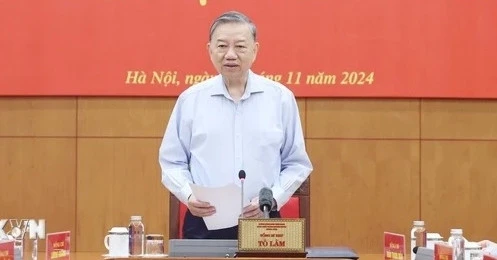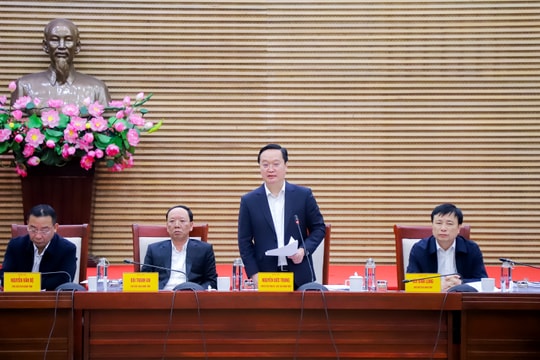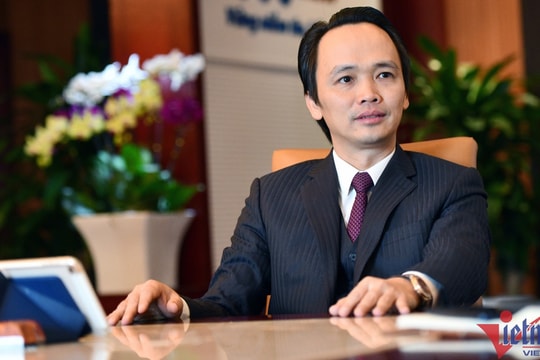Japan's 'Do Not Disturb' Culture
Article by Mr. Le Doan Hop - Former Minister of Information and Communications, Chairman of Vietnam Digital Communications Association aboutcultural lifestyle of Japanese people.
"I remember one time our whole group went to a restaurant in Tokyo. People are used to ordering food like in Vietnam, where we order many dishes to satisfy everyone's preferences. But Japanese restaurants treat things differently than in Vietnam.
They advised us to only choose 4 to 5 dishes with the restaurant’s brand and they noted that eating like that is enough for people to live and work from noon to night. Ordering less would be lacking in nutrition, ordering more would be a waste of money, a waste and if eaten all would be harmful to health. Meanwhile, restaurants in Vietnam always find ways to “persuade” customers to buy as much as possible for them.
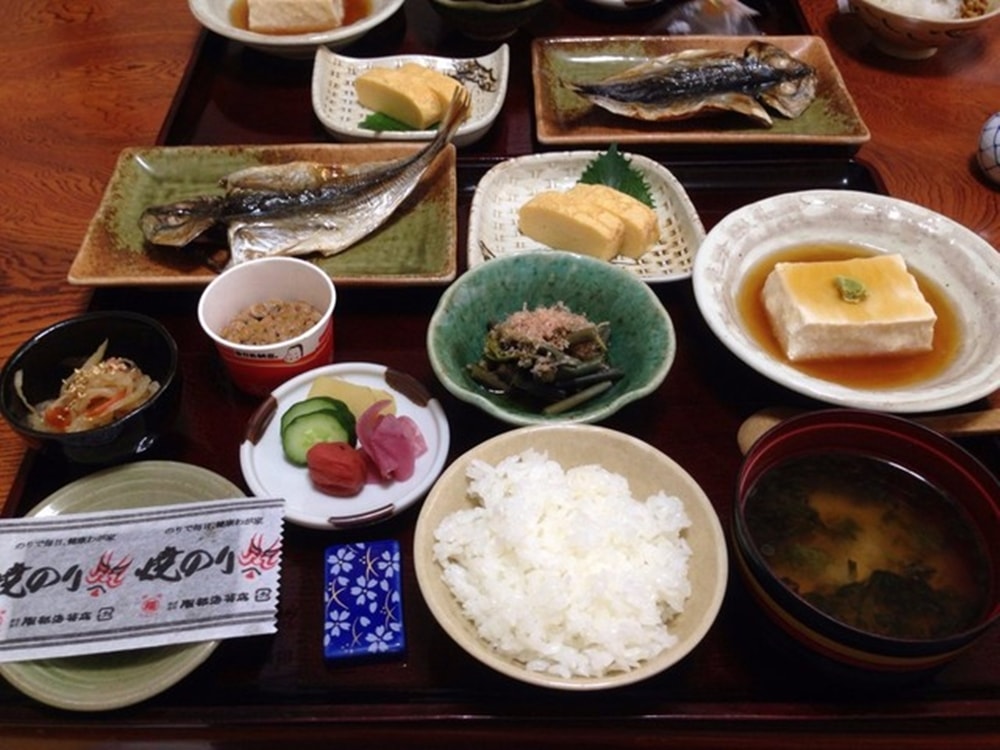 |
| Japanese people pay close attention to what they order when they go to a restaurant to avoid excess and waste. (Photo: BI). |
One afternoon after work, we went to the park to relax. When we got off the bus, it was raining lightly, so everyone held umbrellas to cover themselves. After a while, the rain stopped, and we put our umbrellas on the bench to take pictures. When we finished, we returned to the hotel and realized we had forgotten our umbrellas, but no one went back to look for them, because they thought that in Vietnam, if you forget them, they are gone.
The next day, we passed the park and saw that the umbrella was still on the bench. We went in to get it back and showed the driver that we forgot the umbrella yesterday and it was still there today. The driver said: In Japan, anything that is not yours is not taken, so that the person who forgot it has a chance to find his property. If the property is valuable, pick it up and bring it to the police station so that we can find a way to return it to the owner.
During a working session with my Japanese counterpart, I boldly discussed: In Vietnam, I temporarily define 3 cultural values related to behavioral culture, intellectual culture and material culture as: A cultured person is someone who makes others feel comfortable wherever they appear (behavioral culture). A cultured person is someone who is shy when first meeting, happy to talk to and looking forward to meeting again when parting (intellectual culture). A cultured person is someone who always enjoys his legitimate work (material culture).
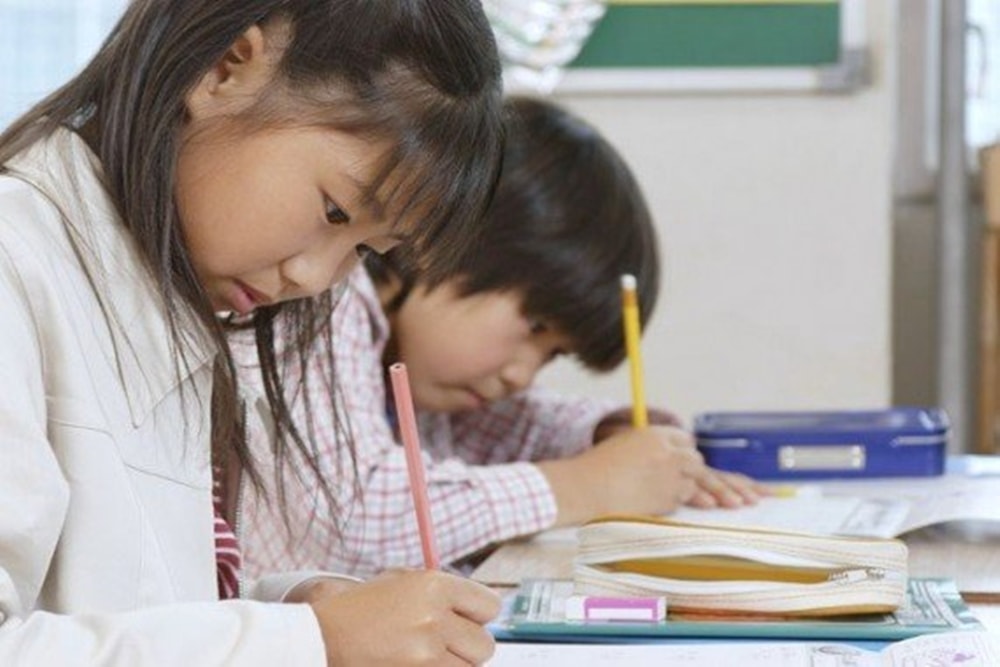 |
| Japanese children are taught from a young age about honesty and not bothering others. (photo: Japan Times). |
I boldly asked the Japanese Minister: I really admire Japanese culture, if you want to summarize it, could you give me a few words that are easy for me to remember and do? The Japanese Minister thought and answered: If I summarize it in a few words like you just said, I would temporarily summarize Japanese culture as: Do not disturb others. That is a short concept, with practical value that generations of Vietnamese should ponder for themselves and for everyone living around them.
As we were about to say goodbye to the land of the rising sun, we held a party. Many relatives of our brothers who were living, working and studying in Japan came to celebrate with us. Of course, there was beer and wine at the party. But all the Vietnamese who drove themselves to attend refused to drink beer and wine, even though our brothers who had not seen each other for a long time invited them very earnestly.
Everyone said that in Japan, if you drink and drive, the police will confiscate your driver's license for 6 months the first time you are caught; only if you make progress will they consider reissuing it. If you violate the law for the second time, your license will be revoked permanently. I realized that as a Vietnamese, wherever the laws are strict, people immediately have a corresponding cultural lifestyle with a very high level of self-awareness. Thus, culture depends not only on each individual but also on the laws and discipline of the country. A good environment will create good people. That is what Vietnam needs to think about and act on."
According to Dantri
| RELATED NEWS |
|---|

